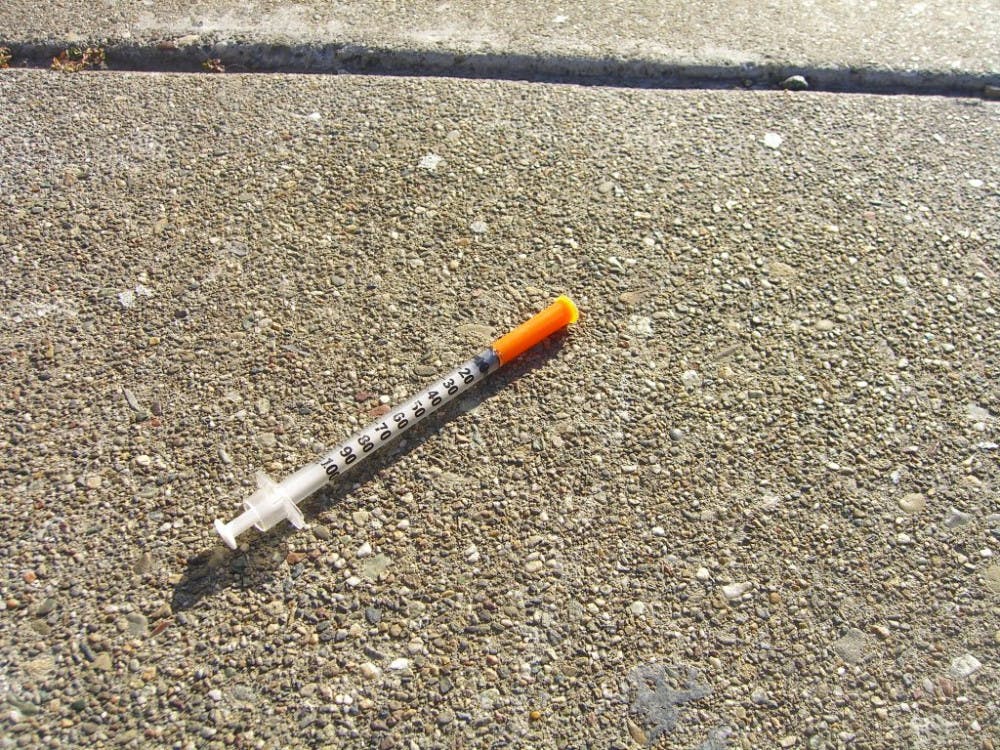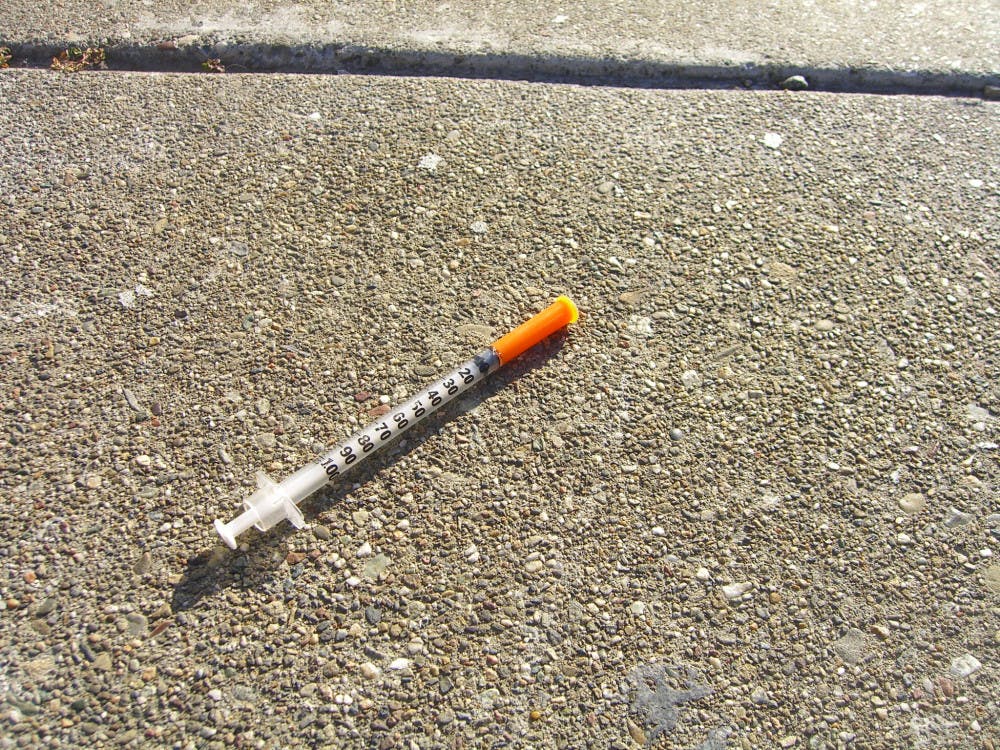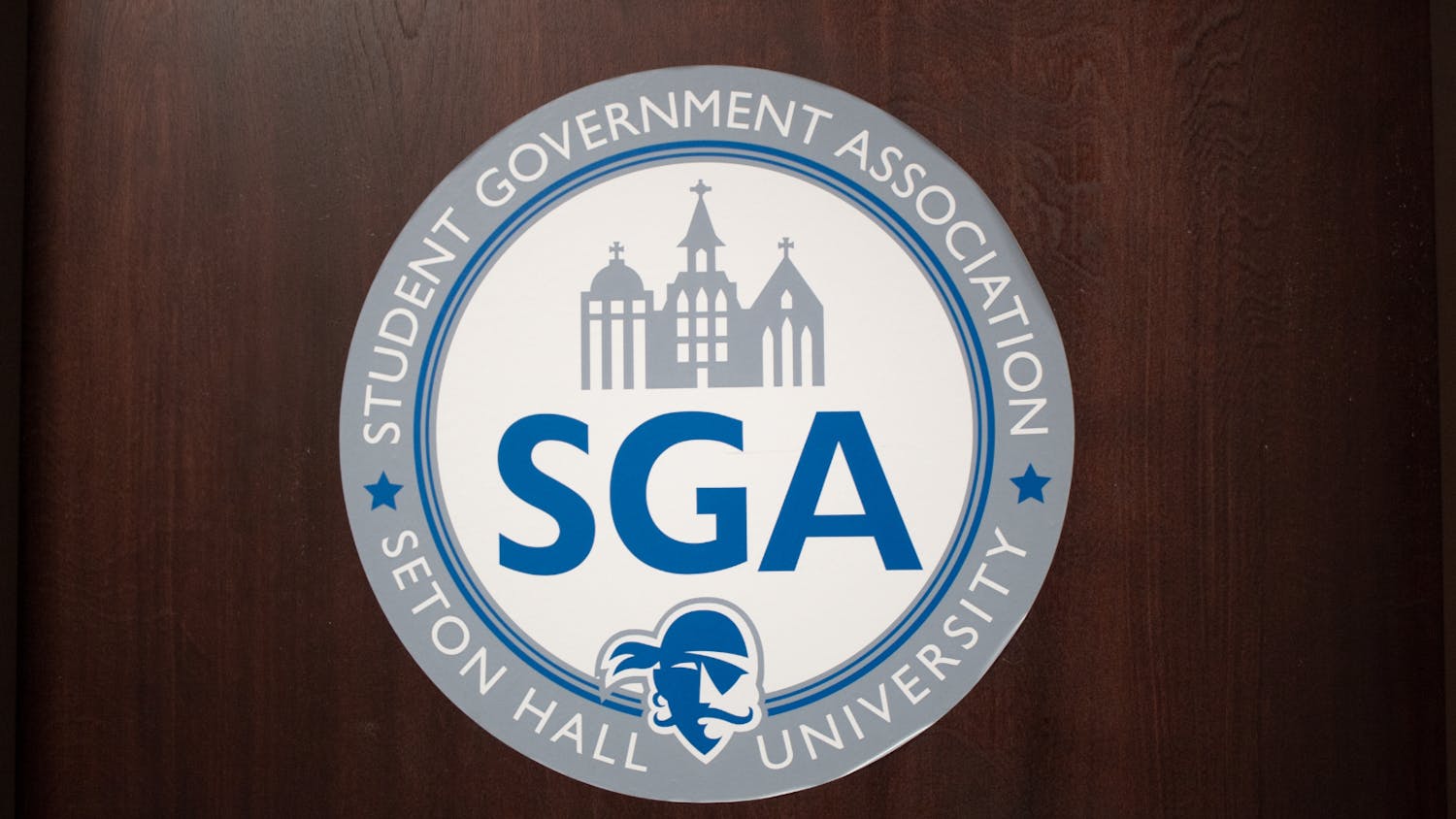Dr. Sulie Chang, director of the Institute of NeuroImmune Pharmacology at Seton Hall University, recently published a study that revealed a possible connection between teenage binge drinking and later opioid abuse.
“We at the INIP/SHU have collected the information about binge drinking on college campuses,” Dr. Chang explained via email. “Overall, binge drinking is a prevalent issue in the US, with younger people (<25) being the most prevalent binge drinkers. Additionally, the rate of binge drinking in college students between the ages of 18 and 22 (37.9%) is higher than their non-college counterparts (32.6%) (Niaaa.nih.gov, 2019).”

Dr. Chang mentioned that the study could be used as a reference point for Seton Hall and its students. “The state the college is in, and the culture of the campus plays an important role,” Dr. Chang said. “New Jersey has overall lower rates of college students binge drinking compared to other states,” she said. “I was told that SHU is an alcohol-free campus. However, please note that about 1 in 4 college students report academic consequences from drinking, including missing class, falling behind in class, doing poorly on exams or papers, and receiving lower grades overall” (Niaaa.nih.gov, 2019).
Taken together, our study should be as a great reference for educators, campus council and those who battle against opioid use disorders that might develop from binge drinking as we reported using the rodent model.”
Seton Hall students agree that the study was purposeful.
Ronald Babiak, a sophomore studying finance and economics, was surprised about the study’s results. Learning them, he reflected about the study’s necessity.
“My reaction at first was one of shock that binge drinking and opioid use later in life could somehow be connected,” Babiak said in an email. “But I guess it seems logical given the possibility that it could create a dependency to unrelated substances such as opioids that may have not have happened if teenagers did not binge drink earlier in life.”
“I believe this study needs to be conducted,” Babiak said. “If the speculation is true, teenagers should be educated not only about the immediate harmful effects of binge drinking but the consequences later down the road of their irresponsible behavior.”
Rishi Shah, a junior business major added that the connections are reasonable. “I do think there is a need for this study to be conducted, however, I believe any form of drug abuse is seemingly linked to one or another,” he said. “On a separate note, I believe the rise of opioid abuse has been driven primarily by big pharma and their unethical sales tactics.
Pharma is a business, their job is to create and sell drugs to the masses and make a profit.” L
Kaitlyn Quinn can be reached at kaitlyn.quinn@student.shu.edu.





